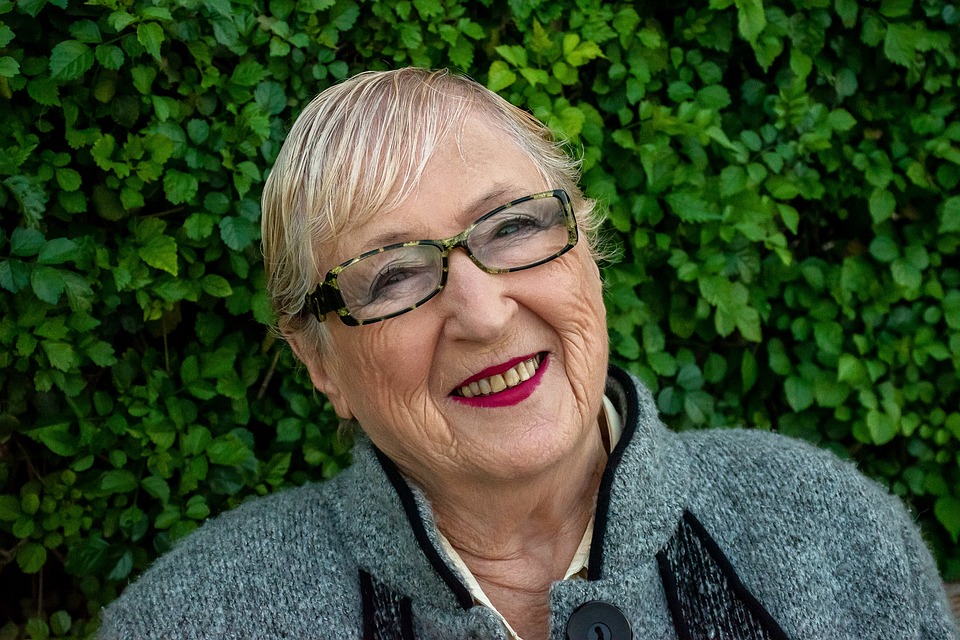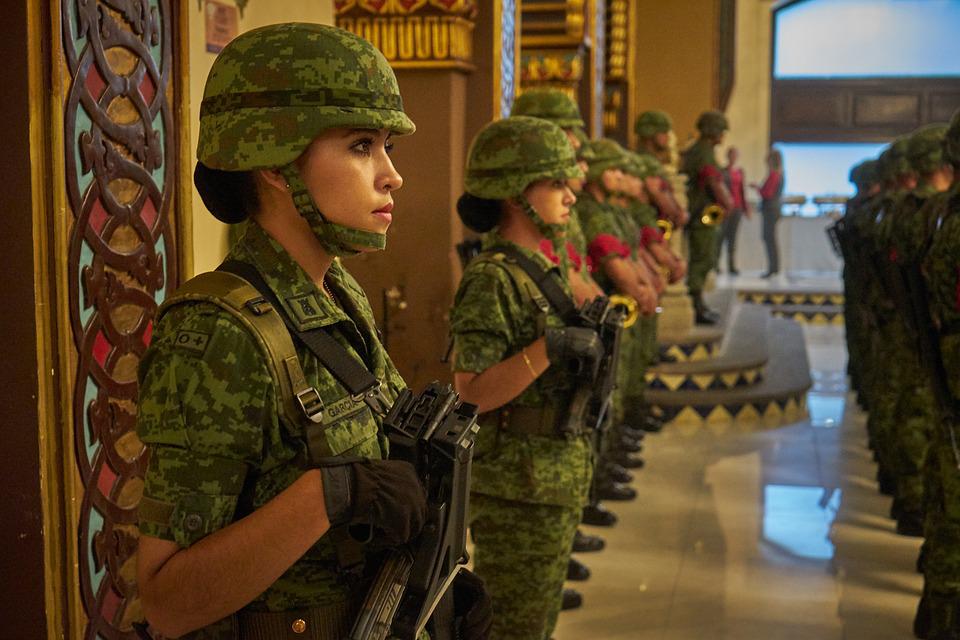Women veterans have unique and varied needs when it comes to care and support. While they face many of the same challenges as their male counterparts, there can be additional obstacles due to gender. As such, it is important to understand the particular needs of women veterans in order to appropriately provide them with the necessary resources, services, and support. This article will discuss how one can best support women veterans by focusing on areas such as education, employment, health care, housing assistance, and community involvement.
Education
Supporting women veterans starts with providing access to educational opportunities. Women vets may need help transitioning from military life into civilian life by pursuing a college degree or training program that offers job security after leaving service. They may need assistance with the application and admissions process, as well as financial aid and scholarships. Additionally, counseling services can be provided to help them navigate their educational goals while transitioning into civilian life.
Employment
Women veterans may also require job search assistance and resources in order to secure gainful employment after leaving service. They may need specialized training or certifications in order to qualify for certain positions. It is important to provide women veterans with access to career advice, resume writing tips, interview preparation resources, and job placement services that can assist them in finding a meaningful career path.
Health Care
Physical and mental health care is essential for all military personnel, especially female veterans who often face unique challenges such as increased rates of sexual assault, PTSD, depression, and anxiety. It is important to provide women veterans access to quality care that can address their specific needs as well as access to support groups for those who are struggling with mental health issues. Additionally, it is important to ensure that women have access to healthcare facilities and providers that understand the unique needs of female veterans.
Housing Assistance
Women veterans may also need help finding stable housing after leaving service. This could include assistance in applying for government benefits or assistance programs such as HUD-VASH or other forms of affordable housing. Furthermore, support should be available to assist them with financial planning and budgeting so they can maintain sustainable living conditions upon transitioning into civilian life.
Community Involvement
Finally, it is important to provide women veterans with access to community support. This could include mentorship programs where they can connect with other female veterans and gain insight into the challenges and successes of transitioning into civilian life. Additionally, connecting them with resources such as veteran service organizations or non-profits providing services for female vets can be beneficial in providing the necessary support during their transition.
By understanding the unique needs of women veterans and addressing those needs through education, employment, health care, housing assistance, and community involvement, one can effectively support these brave individuals who have served our country. It is essential that we provide a safe environment where they can receive the help they need upon leaving military service.











